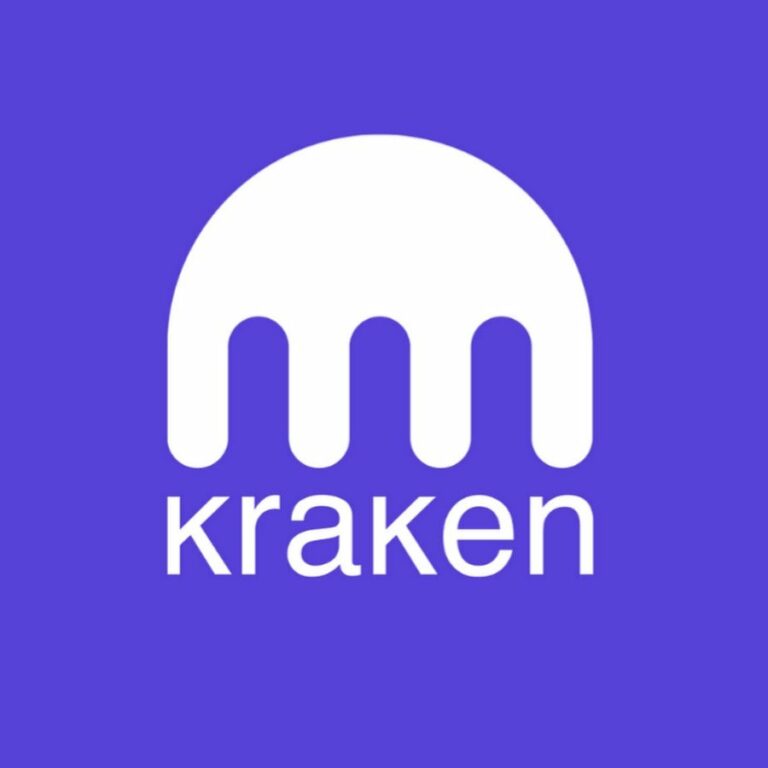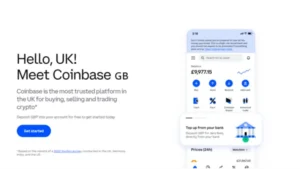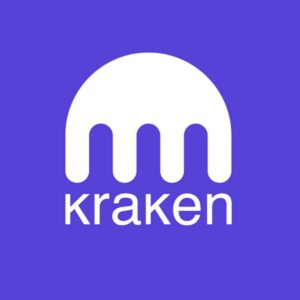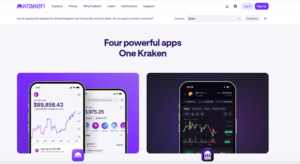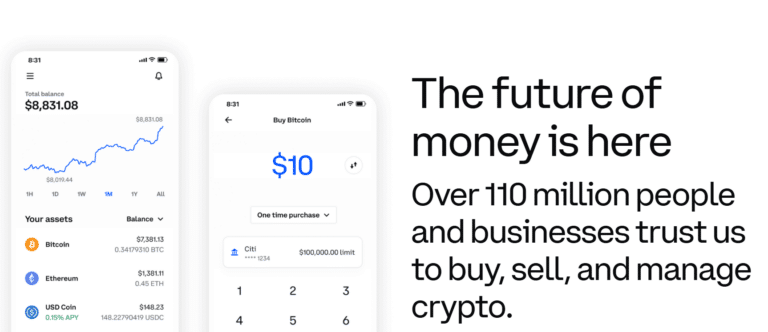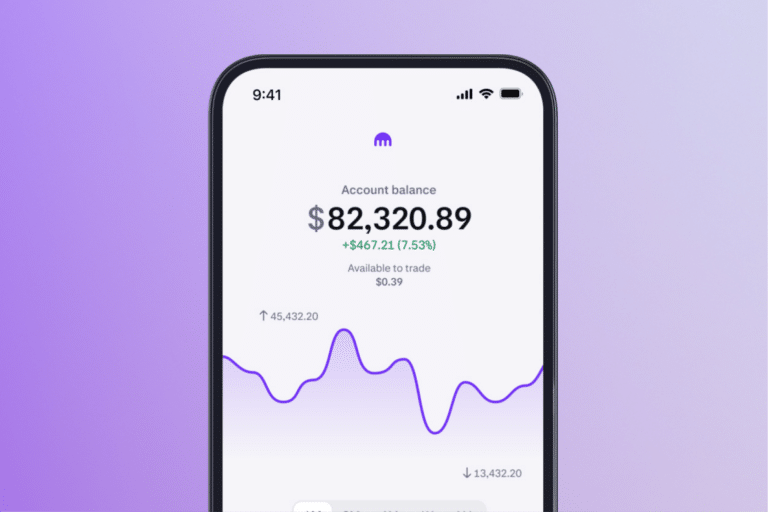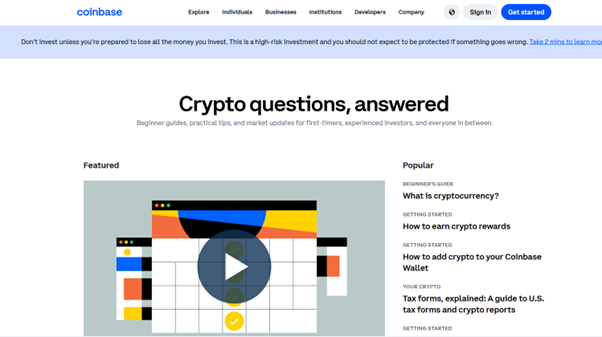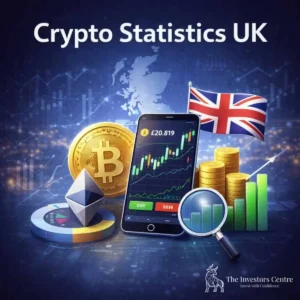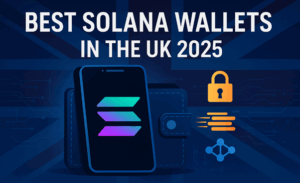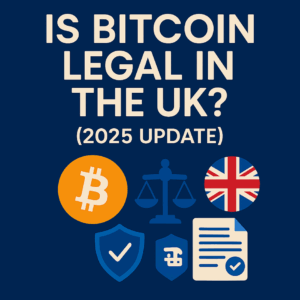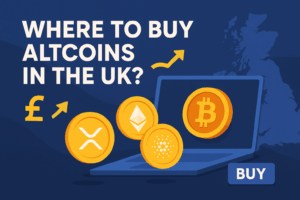
- expertise:
- CFD Trading, Forex, Derivatives, Risk Management
- credentials:
- Chartered ACII (2018) · Trading since 2012
- tested:
- 40+ forex & CFD platforms with live accounts

- expertise:
- Platform Testing, Cryptocurrency, Retail Investing
- credentials:
- Active investor since 2013 · 11+ years experience
- tested:
- 50+ platforms · 200+ guides authored

- expertise:
- Broker Comparison, ISA Strategy, Portfolio Management
- credentials:
- Active investor since 2013 · 11+ years experience
- tested:
- 40+ brokers with funded accounts

- expertise:
- CFD Trading, Forex, Derivatives, Risk Management
- credentials:
- Chartered ACII (2018) · Trading since 2012
- tested:
- 40+ forex & CFD platforms with live accounts

- expertise:
- Platform Testing, Cryptocurrency, Retail Investing
- credentials:
- Active investor since 2013 · 11+ years experience
- tested:
- 50+ platforms · 200+ guides authored

- expertise:
- Broker Comparison, ISA Strategy, Portfolio Management
- credentials:
- Active investor since 2013 · 11+ years experience
- tested:
- 40+ brokers with funded accounts
How We Test
Real accounts. Real money. Real trades. No demo accounts or press releases.
What we measure:
- Spreads vs advertised rates
- Execution speed and slippage
- Hidden fees (overnight, withdrawal, conversion)
- Actual withdrawal times
Scoring:
Fees (25%) · Platform (20%) · Assets (15%) · Mobile (15%) · Tools (10%) · Support (10%) · Regulation (5%)
Regulatory checks:
FCA Register verification · FSCS protection
Testing team:
Adam Woodhead (investing since 2013), Thomas Drury (Chartered ACII, 2018), Dom Farnell (investing since 2013) — 50+ platforms with funded accounts
Quarterly reviews · Corrections: [email protected]
Disclaimer
Not financial advice. Educational content only. We're not FCA authorised. Consult a qualified advisor before investing.
Capital at risk. Investments can fall. Past performance doesn't guarantee future results.
CFD warning. 67-84% of retail accounts lose money trading CFDs. High risk due to leverage.
Contact: [email protected]
Don’t invest unless you’re prepared to lose all the money you invest. This is a high-risk investment and you should not expect to be protected if something goes wrong. Take 2 mins to learn more.
This content has been prepared by Payward Limited
Two of the biggest names in crypto — but they’re built for different users. Here’s how Coinbase and Kraken compare for UK investors in 2026.
Quick Answer: Is Coinbase better than Kraken?
Coinbase is best for beginners seeking ease of use. Both Coinbase and Kraken hold FCA registration in the UK, offering strong compliance and security. Kraken appeals to traders wanting advanced tools, lower fees, and more assets through Kraken Pro. Coinbase remains favoured by first-time investors for its simplicity.
At a Glance Table Comparison
| Feature | Coinbase | Kraken |
|---|---|---|
| Platform Type | Centralized exchange | Centralized exchange |
| Crypto Assets | 250+ | 300+ |
| Advanced Tools | Coinbase Advanced | On Kraken Pro |
| NFT / DeFi Access | Yes (Coinbase Wallet) | No NFTs; limited DeFi |
| Trading Fees | 0% with Coinbase One; otherwise high | Low maker-taker fees |
| Deposit Methods | Bank, card, crypto | Bank, card, crypto, SWIFT, SEPA |
| Withdrawal Fees | Varies by method | Lower average fees |
| Mobile Apps | Coinbase & Coinbase Wallet | Kraken and Kraken Pro |
| Security | Cold storage, FinCEN-regulated | Cold storage, ISO/IEC 27001 certified |
Table showing how Coinbase and Kraken compare across key features, fees, and security.
Coinbase is a US-listed company offering a beginner-friendly platform with over 250 cryptocurrencies globally. In the UK, it holds FCA registration for cryptoasset activities and remains widely accessible. Coinbase prioritises ease of use, intuitive design, and strong branding, though fees are higher than competitors and some features are limited.
What Do Our Experts Say?
Coinbase is a strong choice for newcomers thanks to its simplicity, reputation, and regulatory oversight under the FCA in the UK. While it remains secure and globally recognised, higher fees and limited advanced features make it less cost-effective than rivals like Kraken for active UK investors.
Simple and beginner-friendly interface
Strong global reputation
Available in the UK
Higher trading fees
Fewer advanced tools than Kraken
Don’t invest unless you’re prepared to lose all the money you invest. This is a high-risk investment and you should not expect to be protected if something goes wrong. Take 2 mins to learn more.
Kraken is one of the oldest exchanges, supporting over 300 cryptocurrencies globally. It is FCA-registered in the UK under the cryptoasset regime. Kraken offers both a simple Standard platform and Kraken Pro for advanced traders. UK users benefit from compliance reassurance and competitive maker-taker fees on Pro.
What Do Our Experts Say?
Kraken’s FCA registration and wider crypto list make it appealing for UK traders. The Pro platform is transparent and suitable for active users. Instant Buy remains expensive, but overall Kraken combines security, regulation, and asset choice, making it a safer long-term option than Coinbase in the UK.
FCA-registered in the UK
300+ cryptocurrencies globally
Transparent Kraken Pro fees
Instant Buy is costly
Interface less simple than Coinbase
Some global features restricted in UK
Don’t invest unless you’re prepared to lose all the money you invest. This is a high-risk investment and you should not expect to be protected if something goes wrong. Take 2 mins to learn more.
What Are the Key Differences Between Coinbase and Kraken?
Which platform supports more cryptocurrencies?
Kraken supports over 300+ cryptocurrencies globally, while Coinbase offers around 250+. Not all assets are available in the UK, but Kraken generally provides wider selection. For traders seeking broader exposure, Kraken offers more choice, though both exchanges cover all major cryptocurrencies relevant to UK investors.
Who offers better tools for active traders?
Kraken Pro offers better tools for high-volume or institutional traders, including low latency, margin trading, and futures. Coinbase Advanced is suitable for mid-level users but lacks futures. Kraken is the go-to platform for serious traders needing speed, control, and full market access.
Do both platforms offer staking or passive income?
Yes. Both Coinbase and Kraken now provide staking services for UK clients, though features and rates differ by asset. Rewards are variable and not guaranteed. Each platform includes a mandatory disclaimer outlining potential losses, slashing risk, and asset depreciation during staking periods.
Which Platform Is Easiest to Use?
Coinbase is known for simplicity, with an intuitive app and quick purchases. Kraken offers two interfaces: Standard for beginners and Pro for advanced users. For complete newcomers, Coinbase is easier. For users willing to learn, Kraken offers more control and lower costs on its Pro platform.
How Smooth Is Sign Up & Verification?
Both platforms require full ID and address verification for UK customers. Coinbase onboarding is faster and designed for beginners. Kraken also requires KYC but may feel more detailed. Both processes are straightforward, though Coinbase is generally quicker, while Kraken offers additional compliance reassurance.
Is the Website & App Beginner-Friendly?
Coinbase is considered one of the most beginner-friendly crypto apps, with simple navigation and easy GBP purchases. Kraken’s Standard app is clean but slightly more technical. Beginners may prefer Coinbase’s layout, while Kraken provides more depth for users who intend to trade actively over time.
What’s It Like Trading on Mobile?
Coinbase’s app prioritises simplicity, making buying and selling easy. Kraken offers two apps: Standard for simple trades and Pro for advanced users. Both support GBP deposits and withdrawals. Kraken gives more control, while Coinbase focuses on usability. UK users will find both functional, though Kraken offers deeper trading options.
Who Offers Lower Fees & Better Costs?
Kraken Pro fees start lower than Coinbase, making it cost-effective for active traders. Coinbase charges around 0.6 percent per trade. Kraken Instant Buy is about 1 percent, but Pro’s maker-taker model is cheaper. For most UK users, Kraken Pro provides better value than Coinbase.
Fees Table Comparison
| Exchange | Standard Buy Fees | Pro Trading Fees | GBP Deposit Fees | GBP Withdrawal Fees |
|---|---|---|---|---|
| Coinbase | ~0.6 percent per trade | Advanced Trade tiered fees | Varies by method | Varies by method |
| Kraken | ~1 percent Instant Buy plus spreads | 0.25 percent maker / 0.40 percent taker entry tier | Free via Faster Payments | Varies by method |
How Do Trading & Withdrawal Fees Compare?
Coinbase charges higher fees for standard trades, while Kraken Pro offers cheaper maker-taker rates. GBP deposits are often free with Kraken, while Coinbase charges vary by method. Withdrawal fees differ by payment type. For UK traders seeking lower overall costs, Kraken Pro is generally more competitive.
Are There Any Hidden Charges to Watch For?
Yes. Both platforms apply spreads, payment method fees, and crypto withdrawal charges. Coinbase fees are higher for instant purchases. Kraken’s Instant Buy also includes spreads. Neither platform is fee-free, so UK traders should review payment options carefully to avoid unexpected costs, especially on small transactions.
Which Platform Is Safer and More Regulated?
Both Coinbase and Kraken are FCA-registered in the UK, offering high compliance standards and strong operational oversight. Each uses advanced security measures such as cold-storage custody and two-factor authentication. Neither platform provides FSCS protection, but both are considered secure and transparent for UK retail users.
Is Kraken or Coinbase more transparent?
Both exchanges hold FCA registration for cryptoasset activities in the UK and publish detailed fee and compliance information. Kraken lists its trading costs clearly through Kraken Pro, while Coinbase discloses pricing and staking terms in-app. Transparency is comparable, though Kraken’s fee display is slightly more granular.
How is crypto secured on both platforms?
Coinbase stores most customer funds in offline cold wallets with multi-layer protection. Kraken uses similar cold storage methods, adds PGP email encryption, and routinely publishes audits. Both exchanges prioritize crypto security, with Kraken emphasizing technical protections more heavily.
Have either suffered hacks or breaches?
Coinbase has not suffered any platform-wide breaches but has seen user phishing incidents. Kraken has never been hacked, maintaining a reputation for security leadership in the industry. Both are considered safe, but Kraken’s technical history is slightly stronger.
How Do They Handle Tax Reporting and Compliance?
Do they support tax reporting tools or downloads?
Coinbase provides detailed transaction records, CSV exports, and in-app tax summaries. Kraken also offers downloadable reports and exportable data suitable for tax reporting. Both platforms are sufficient for compliance, though Coinbase automates more steps in-app.
Are they integrated with crypto tax software?
Yes. Coinbase integrates directly with platforms like CoinTracker, Koinly, and TurboTax. Kraken supports CSV imports for most software but lacks deep native integration. Coinbase is more convenient for hands-off tax reporting; Kraken users may require manual setup.
Yes. Coinbase integrates directly with platforms like CoinTracker, Koinly, and TurboTax. Kraken supports CSV imports for most software but lacks deep native integration. Coinbase is more convenient for hands-off tax reporting; Kraken users may require manual setup.
Final Thoughts
Coinbase is a simple, beginner-friendly platform with strong brand recognition and FCA registration in the UK, while Kraken is also FCA-registered, supports over 300 cryptocurrencies, and offers a cost-effective Pro trading option. For UK users prioritising compliance, platform security, and lower trading fees, both are trusted choices in 2026, with Kraken better suited to active traders and Coinbase ideal for newcomers seeking ease of use. No considerable updates now we are in 2026.
Buy, sell, and grow crypto simply
- Invest from £2
- Easy to use interface
Don’t invest unless you’re prepared to lose all the money you invest. This is a high-risk investment and you should not expect to be protected if something goes wrong. Take 2 mins to learn more.
FAQs
Is Kraken better for advanced traders?
Yes. Kraken offers lower fees, margin trading, and a full-featured Pro platform designed for high-frequency and institutional users. It’s better suited for traders who value control, execution speed, and precision.
Which has lower fees in the UK?
Coinbase charges ~0.6 percent per trade. Kraken Pro starts at 0.25 percent maker and 0.40 percent taker, while Instant Buy is ~1 percent. Kraken Pro is generally more cost-effective for UK traders.
Which exchange is safer?
Both exchanges are secure, but Kraken is FCA-registered, giving it stronger compliance positioning in the UK. Coinbase is safe but unregistered locally. Neither platform offers FSCS protection.
References
Staking Discalimer
What are the risks of staking?
Before you stake cryptoassets on Kraken, you should know that:
- APRs are indicative and may vary over time.
- APRs do not include Kraken’s commission. Your commission will vary depending on the number of assets staked.
- You retain full ownership of your staked assets.
- Staking involves risks including no guarantee of rewards, and potential loss from slashing, hacks, or depreciation in the value of assets while staked.
Learn more about how Kraken calculates APRs and commissions and the risks of staking.
Geographic restrictions apply. Projected annual rate is an estimate based on the average staking rewards accrued over the past period, before commission, and is subject to change. Staking involves risks including no guarantee of rewards, potential loss from slashing or hacks, and depreciation in the value of assets while staked. Please refer to Kraken’s Terms of Service for additional information.


